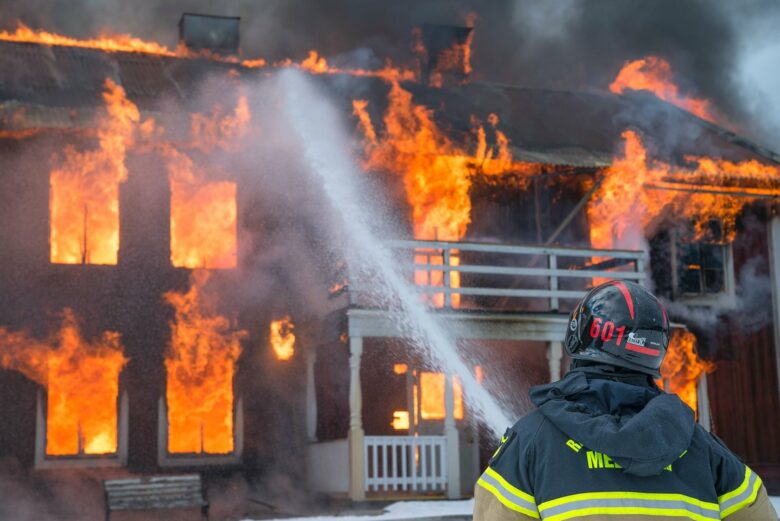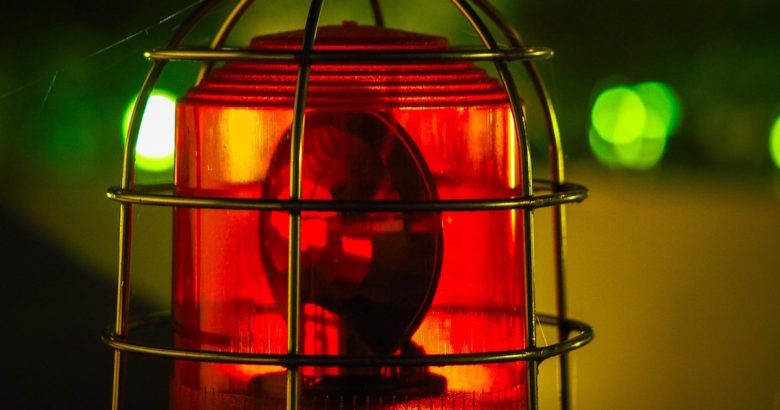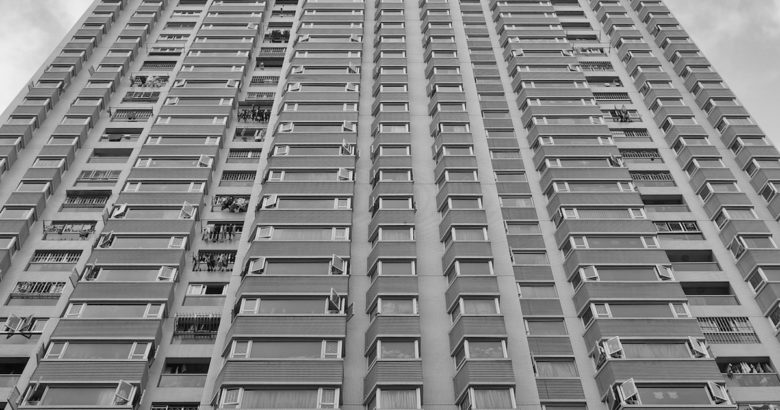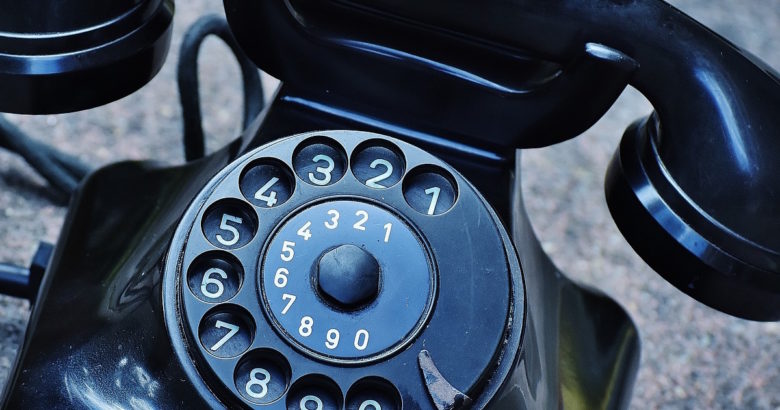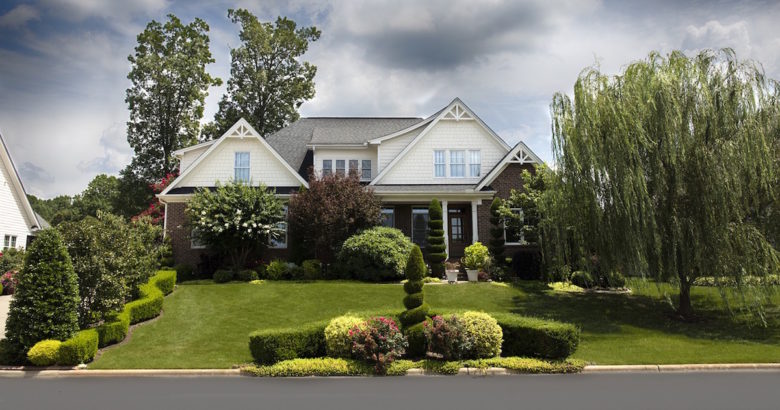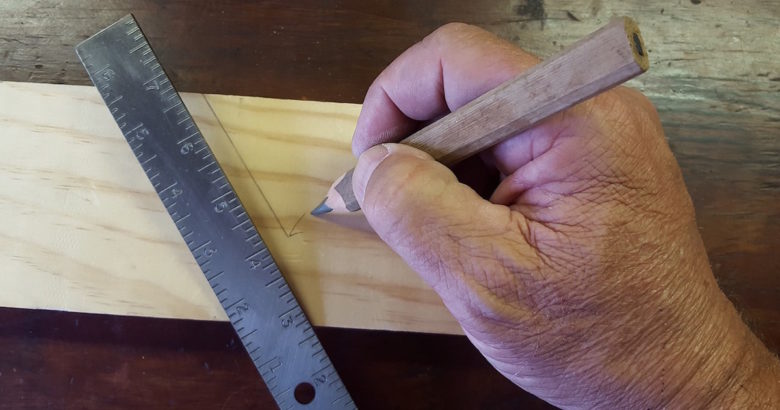Fire! Fire! Fire!
Last year, the Red Cross responded to more than 74,000 disasters, 93 percent of them were fire-related. The National Fire Protection Association (NFPA) reports that residential fires across the country have increased 8 percent since 2000, and the average cost of damages from a home fire between 1980 to 2014 has increased by 50.3%.
Every 23 seconds, a fire department in the United States responds to a fire somewhere in the nation.
When do fires happen?
Home fires can happen at any time, but they typically increase during the fall and winter, with December and January being the peak months. Home fires are also more common on Saturday and Sunday, and tend to peak between 6:00 and 7:00 PM.
Where are fires most likely to start?
It’s no surprise that more than any other room in the house, the kitchen is the place where fires are likely to start. The peak days for home cooking fires were Thanksgiving and Christmas. Unattended cooking causes approximately 49 percent of all reported home fires in the US. Letting your attention drift away for too long while you’re cooking can quickly become a dangerous situation.
A fatal fire in a Maine single-family home began when a male occupant fell asleep in an adjacent room while cooking oil was being heated on the kitchen stove. Investigators believe that when he woke to the burning oil, he threw water on the fire. This caused the fire to spread. The victim was found in the kitchen with burn and smoke inhalation injuries.
The next leading cause of home fires are heat sources like wood-burning stoves, and fireplaces. Wood-burning stoves have the potential to emit lethal pollution particles into homes. There should be an EPA label on the back of the stove that indicates it has been certified. Keep in mind, most stoves made before 1995 are not EPA-certified, so if you do not see this label, there’s a good chance that your stove does not meet the high energy efficiency and clean burning standards of new stoves.
More than one-quarter (26%) of reported fires in 2015-2019 occurred in homes.
Can I prepare for a potential home fire?
Yes! Smoke alarms are a crucial step in home-fire preparedness. Smoke alarms should be installed outside each sleeping area and on each level of your home. Remember, to function properly, smoke alarms must have working batteries. Make sure you have a pre-established escape plan and meet-up point should the worst occur.
Can I be insured against fire?
Fire insurance is really homeowners insurance. It provides additional coverage for loss or damage due to a fire. Homeowners insurance policies will typically cover the following:
- Replacement costs
- Additional living expenses
- Personal possessions (up to a determined limit)
- Liability protection
- The structure of your home
Additional premium credits may be available for alarm systems that report to a central station.
You love your home and everything inside it. Insurance is your way of protecting everything that’s important to you. Call us at (617) 580-3499. We’ll make sure you sleep well knowing the things that matter most have the protection they deserve.
.

